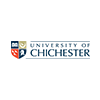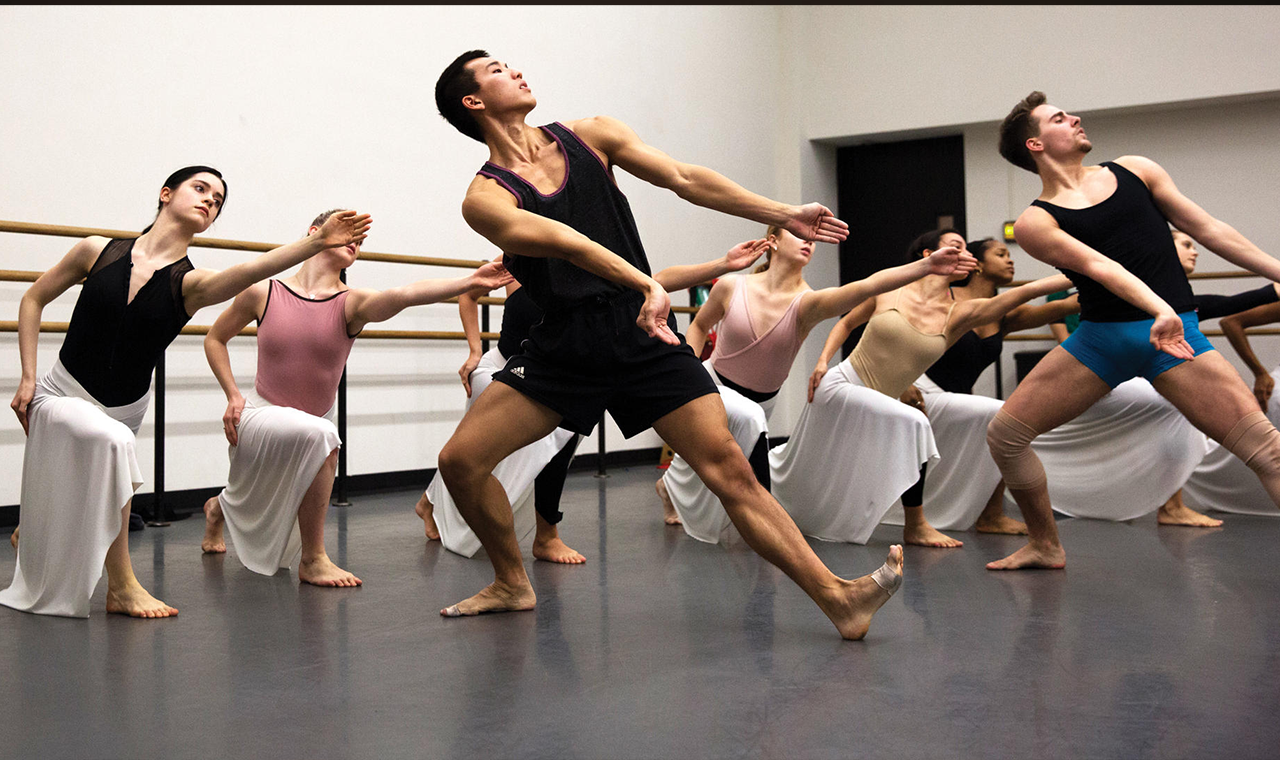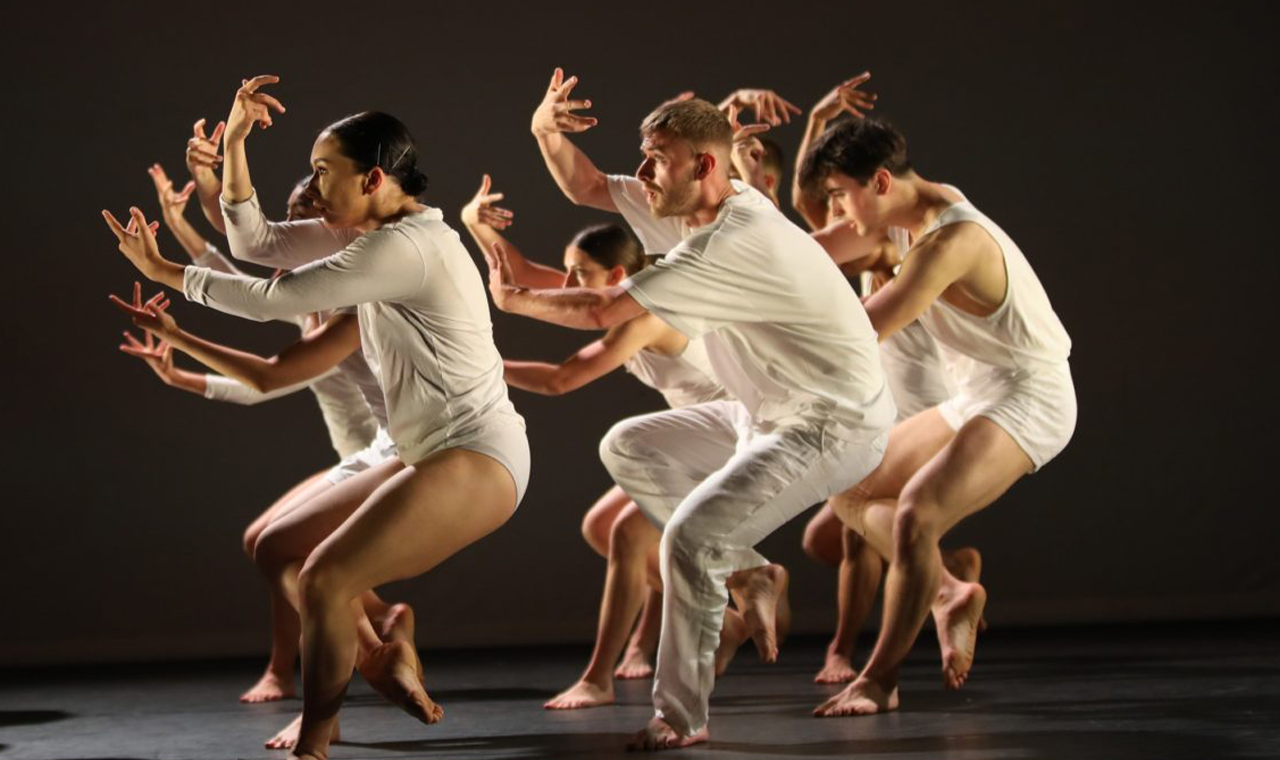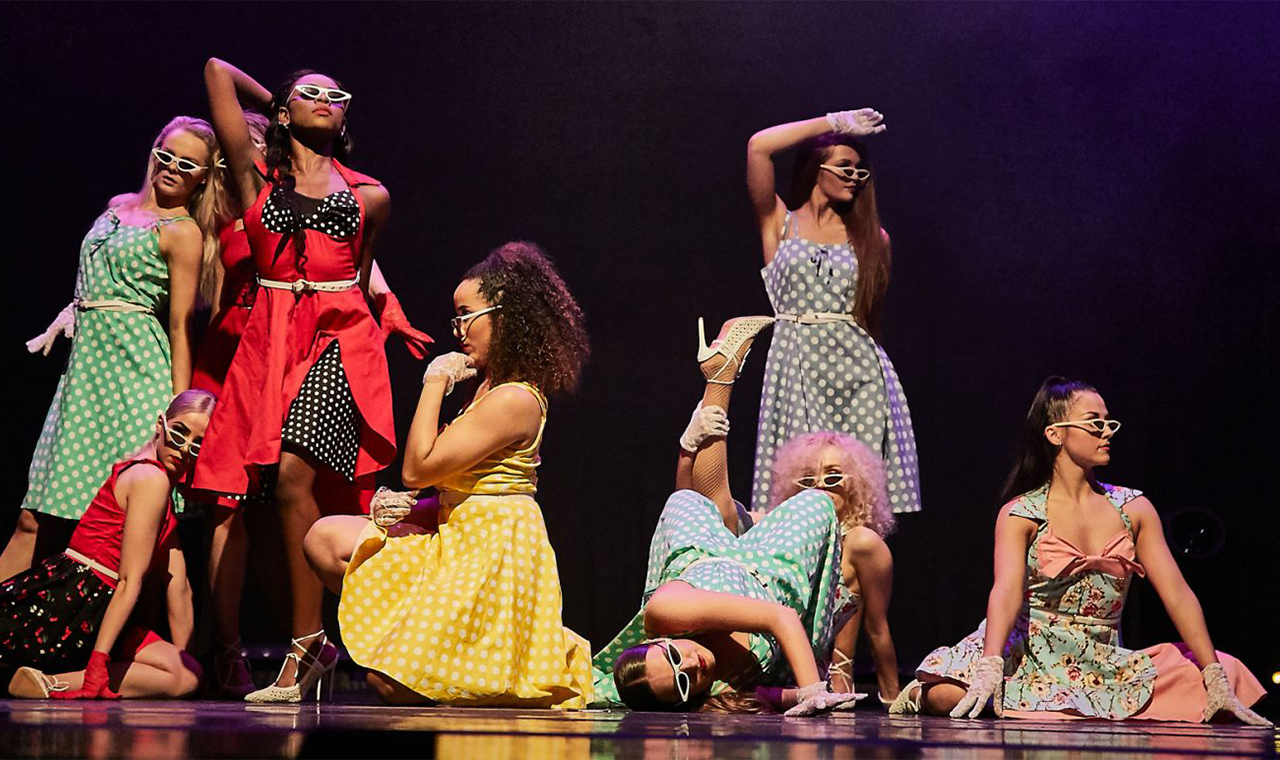Course Overview
Dance science uses scientific research approaches combined with personal practice to examine what happens to our bodies and minds when we dance. The goal of dance science is to advance and enhance what we do across a range of dance styles and settings, ultimately aiming to improve performance potential, reduce injury risk and enhance the well-being of anyone who dances. Dance science looks at all dance participants including elite performers, dancers in training, people who dance as a hobby, and populations with specific health conditions. So, if you have a passion for dance, and are curious about how our bodies and minds work when dancing and how to make the most of our dancing potential, then this course is for you.
In this Dance Science degree, you will continue to develop your skills and passion for dance through practical dance classes, alongside developing your knowledge and understanding of human performance sciences through modules in physiology, psychology, and biomechanics. You will also improve your group work and discussion skills in seminars, and develop applied research skills in practical laboratory sessions. Underpinning all your modules is a focus on scientific research methodologies for dance, where you will develop your research skills by engaging with existing research and developing research of your own. There is also potential to connect your research to our resident student dance companies, 3Fall (undergraduate), mapdance, and HIVE (postgraduate)
Key Facts
- Full-time- 3 years (BSc), or 4 Years Full Time (MSci)
- Start Date- September
Entry requirements
- UCAS 96-112 tariff points.
- A-Levels- BBB-CCC
- A-Levels- BBB (MSci)
- BTEC/Cambridge Technical – DDM
- BTEC – DDD (MSci)
- IB- 28 points
- IELTS- 6.0 overall with no element lower than 5.5
Careers
When you graduate you will be ready to meet the ever-increasing demand for well-qualified dance scientists. You could work in professional, training, educational, recreational or community-based dance and exercise settings.
You could become a:
- Dance teacher or lecturer in the community or educational settings
- Gym instructor or personal trainer
- Fitness consultant
- Dance science advisor or support personnel in educational or professional settings
- Dance science-informed dancer / choreographer
- Advocate for dance-science informed dance practice
- An employee within professional bodies representing dance science and healthy dance practice
- Health promotion worker
Course Content
- Applications of Psychology in Dance
- Fundamentals of Human Physiology
- Introduction to Applied Exercise Physiology
- Muscles and Movement in Dance
- Movement Studies: Analysis and Awareness
- Understanding Science and Dance Practice
- Dance Techniques
- Dance Techniques for Dance Science
- Safe Dance Practice (connected with Safe in Dance International certificate)
- Developing and Monitoring Physical Performance
- Performance Psychology
- Sports Injury and Prevention
- Improvisation and Performance
- Repertory
- Applications of Technique in Dance Science
- Principles of Motor Learning for Dance
- Psychology Of Injury And Rehabilitation
- Research Project (Dance)
- Teaching Dance Technique
- Dance Movement Psychotherapy (1 & 2)
- Nutrition for Sport Performance, Physical Development and Health
- Biomechanical Techniques
- Exercise Referral Clinic
- Research Dissertation or Applied Dance Science: Supervised Research Portfolio
- Pedagogical Approaches in Dance
- Techniques for Performance (Level 7)
- Enhancing Physical Activity, Participation and Wellbeing
- Advanced Performance Psychology
- Developing as an Applied Practitioner in Biomechanics
- Principles and Practice of Physical Activity and Public Health
- Whole Body Metabolism: Measurement and Application







